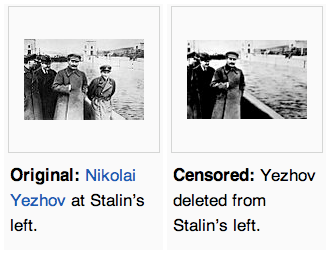
Ok, so I'm in my house reading my book. Chillin. All of a sudden, my phone rings, I decide to pick it up. Talk a little bit with my brother. You know, the usual "how was your day- good, how about yours- good- alright well nice to hear from you- yeah we should chill soon- aight goodnight" conversation. I hang up the phone and continue reading the
Cherry Orchard when out of no where and without previous warnings, my mom bursts through my door with a PBJ sandwich, (which I adore) and a nice cold tall glass of milk. She sits down in my bed and we talk about how crappy the weather is in Bogota and how much time she spent on her way back from the supermarket since the traffic was so bad. After like 15 minutes or something, she decides that we've bonded enough and goes off to her room to do whatever it is she does in there (probably watch some novela or something). Once again, I try to continue reading my book and feel lil bit disappointed when I see that I've only read 4 pages in the 45 minutes that I had been sitting down. Crap, it's 7 and my dog is getting a little bit fidgety. I decide it's time to walk my dog. I stand up put on my shoes (the old tall ones that wont get ruined by the wetness of the pavement since it just rained). I make my way down my elevator with my dog and as I walk out of my apartment I remember that I forgot to bring down my sweater. I have to make my way up the elevator again to my apartment (my dog is quite confused at this point), wait for my mom to open the door, go to my room, go search my heap of dirty clothes until FINALLY I find my comfy sweater which is so torn up not even the hobos of the 72 would dare approach me, then make my way down on the elevator, and finally make my way onto the little park I live next to. I walk like 20 minutes up and down my block until my dog finally decides to poo. So I make my way up the 72, almost fall a few times because the pavement is so goddam slippery (they should probably fix that), until finally I find myself back in my room after having taken off my sweater and shoes and continue to read when all of a sudden I read on page 68, "Lopahin
(peeps in at the door and moos like a cow). Moo! (
dissapears)" (Chekhov
).
Here I am, trying to establish n understanding of exactly what the hell is going on in this little story with the orchard and the girls and the dogs and the train and the old man and the punching in the face and the fancy waistcoat and the peasant and the WHAT THE HELL IS A COW DOING THERE!?
So, I stop there. I look at the page, stare at those two little lines which have thrown me off of my train of thought and thats when it hit me. Two hours and a half had passed and here I was, only 25 pages into the text I was reading. Thats when I realized Chekhov is a genius. My life, full of little random snippets of randomness which all have absolutely nothing to do with one another, is exactly like this play. The "Moo!" on page 68 stands for My brother's phone calls, my mother's snacks, my dogs's pooping, my bad memory, etc...
So to end this blog in a random note, I simply wanted to show the
Llama Song



















